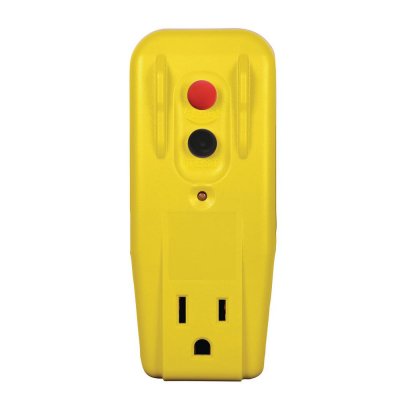Brew12
Electrical Gru
View BadgesExcellence Award
Reef Tank 365
Article Contributor
Moderator Emeritus
North Alabama Reef Club
Article Administrator
My Tank Thread
Nicely played!Random probe question....... or a probe-probe if you will.
Yup, just the sump is fine imo. It protects the entire system as long as the return pump is running.sump is fine? I will just do that



















